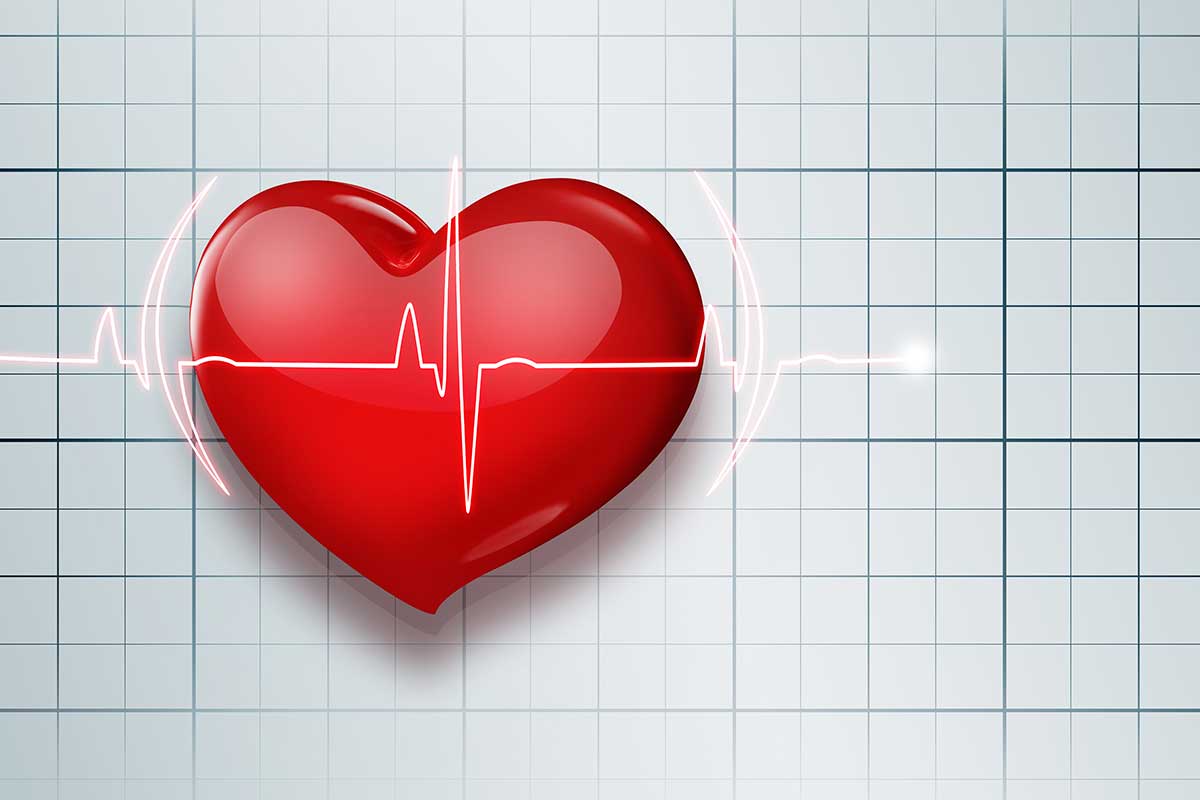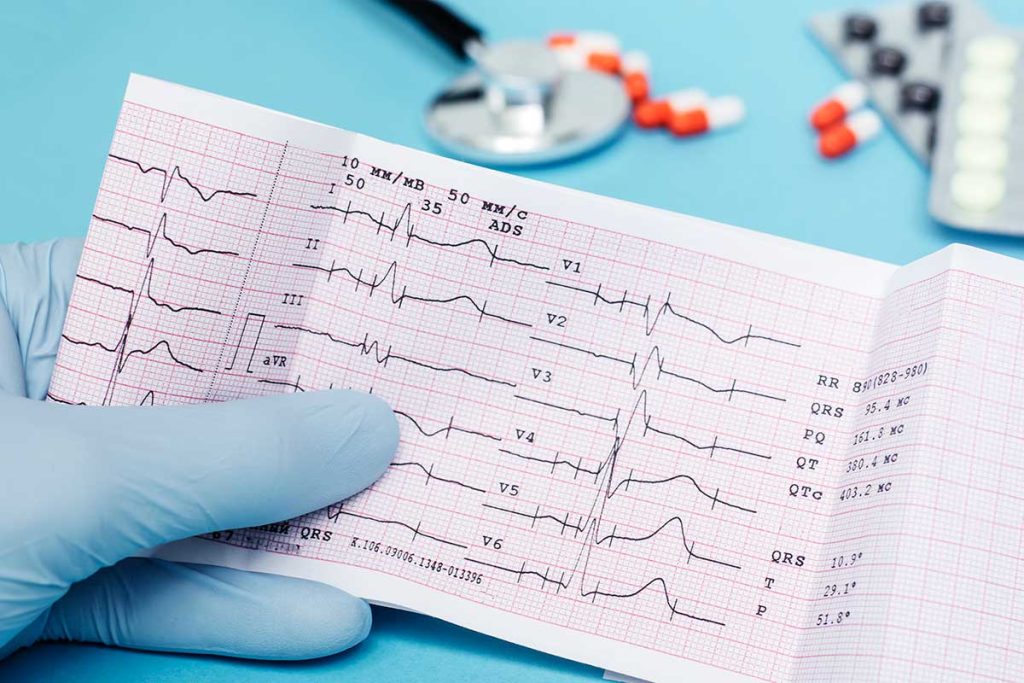Arrhythmia Specialist in Michigan
Welcome to CardioQ – Heart & Wellness Center, a leading cardiology practice in Michigan dedicated to providing comprehensive care for patients with heart conditions. At our practice, we have a team of highly skilled arrhythmia specialists who are committed to diagnosing and treating various types of irregular heartbeats, also known as arrhythmias.
Our arrhythmia specialists are board-certified cardiologists with specialized training in the diagnosis and management of arrhythmias. They use state-of-the-art technology and innovative treatments to provide personalized care to each patient. They work closely with other specialists within our practice, including electrophysiologists, to ensure the best possible outcomes for our patients.
At CardioQ – Heart & Wellness Center, we understand the impact that arrhythmias can have on your quality of life. That’s why we strive to provide compassionate, patient-centered care that addresses all of your concerns. If you are experiencing symptoms of an arrhythmia or have been diagnosed with one, we encourage you to schedule an appointment with one of our arrhythmia specialists in Michigan today.


Arrhythmias / abnormal beats / irregular heartbeat
The term “arrhythmia” refers to any change from the normal sequence of electrical impulses or heartbeat. An arrhythmia can be a sign of a serious health concern.
The electrical impulses may happen too fast, too slowly, or erratically – causing the heart to beat too fast, too slowly, or erratically. Firstly, when the heart doesn’t beat properly, it can’t pump blood effectively. Secondly, when the heart doesn’t pump blood effectively, the lungs, brain and all other organs can’t work properly and may shut down or be damaged.
Therefore, some arrhythmias are so brief (for example, a temporary pause or premature beat) that the overall heart rate or rhythm isn’t greatly affected. But if arrhythmias last longer, they may cause the heart rate to be too slow or too fast or the heart rhythm to be erratic – so the heart pumps less effectively.
- A fast heart rate (in adults, more than 100 beats per minute) is called tachycardia.
- A slow heart rate (less than 60 beats per minute) is referred to as bradycardia.
Hence at CardioQ, Arrhythmia Specialist in Michigan offers in-depth diagnostic testing to identify and assess arrhythmias. They also delivers a wide range of arrhythmias to restore a normal heart rate and rhythm.

Types & Conditions
- Atrial Fibrillation: Upper heart chambers contract irregularly.
- Bradycardia: Slow heart rate
- Conduction Disorders: Heart does not beat normally
- Premature contraction: Early heart beat
- Tachycardia: Very fast heart rate
- Ventricular Fibrillation: Disorganized contraction of the lower chambers of the heart
- Other Rhythm Disorders
Causes & Factors
- Normally, the heart’s most rapidly firing cells are in the sinus (or sinoatrial or SA) node, making that area a natural pacemaker.
- Under some conditions almost all heart tissue can start an impulse of the type that can generate a heartbeat.
- Cells in the heart’s conduction system can fire automatically and start electrical activity. This activity can interrupt the normal order of the heart’s pumping activity.
- Secondary pacemakers elsewhere in the heart provide a “back-up” rhythm when the sinus node doesn’t work properly or when impulses are blocked somewhere in the conduction system.
Common questions
Some arrhythmias develop due to chronic health conditions, such as:
- Previous heart attacks
- Blocked arteries
- High blood pressure
- Thyroid disorders
- Diabetes
- Sleep apnea
Arrhythmias can also result from:
- Smoking
- Heavy drinking
- Excess caffeine
- Prescription drugs
At CardioQ, Arrhythmia Specialist in Michigan can determine what’s causing your symptoms. He can also suggest lifestyle changes that support healthy heart function.
If your cardiologist suspects an arrhythmia, you may receive a series of heart-monitoring tests. These tests can include:
- An electrocardiogram
- An echocardiogram
- An implantable loop recorder
- A Holter monitor
- An event recorder
Sometimes, arrhythmias can come and go, and symptoms can be difficult to diagnose. Specialized testing can get to the root of your symptoms.
If your heart-monitoring tests can’t detect an arrhythmia, your provider may try to induce one. Tests that help reveal an arrhythmia include:
- Stress tests
- Tilt table tests
- Electrophysiological testing and mapping
Your Arrhythmia Specialist in Michigan use your test results to determine what kind of arrhythmia you have. Each test result helps guide treatment and protect your heart.
Arrhythmia Specialist at CardioQ – Heart & Wellness Center offers a wide range of treatments for arrhythmias, including prescription drugs. Medications can often help restore an abnormal heart rate or rhythm. Some drugs also prevent or break up blood clots.
If medication doesn’t help, your cardiologist may recommend cardioversion or catheter ablation. These treatments use electric shocks or radiofrequency energy to correct an arrhythmia.
Sometimes, surgery may be your best bet. Implantable devices like pacemakers and implantable cardioverter-defibrillators (ICDs) can treat stubborn arrhythmias. Surgery may also improve blood flow to the heart and remove blockages.
